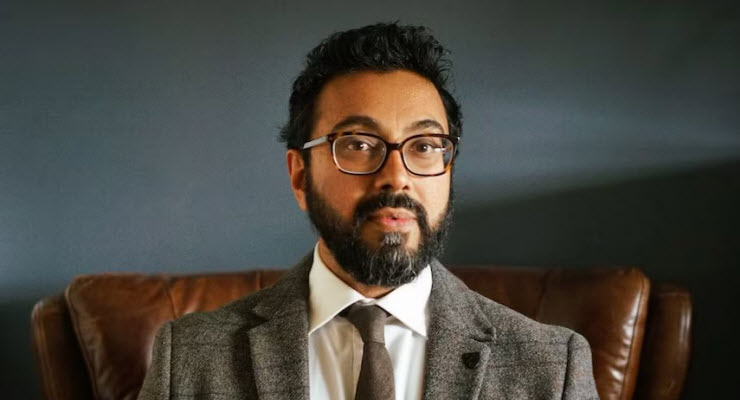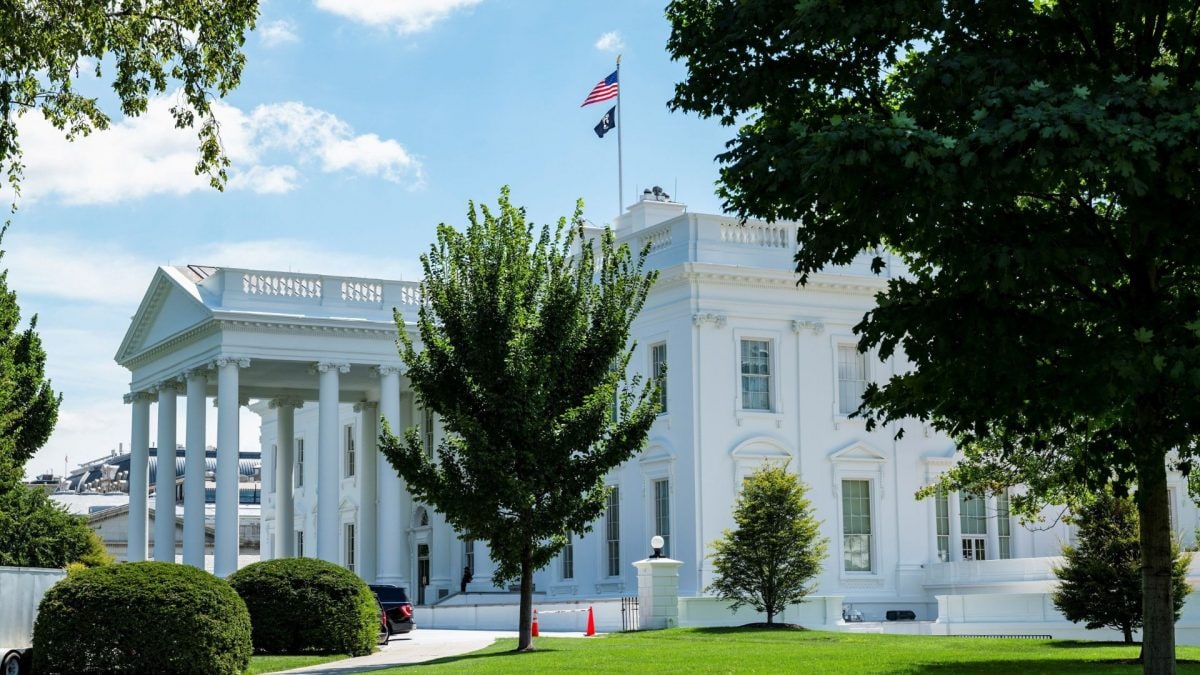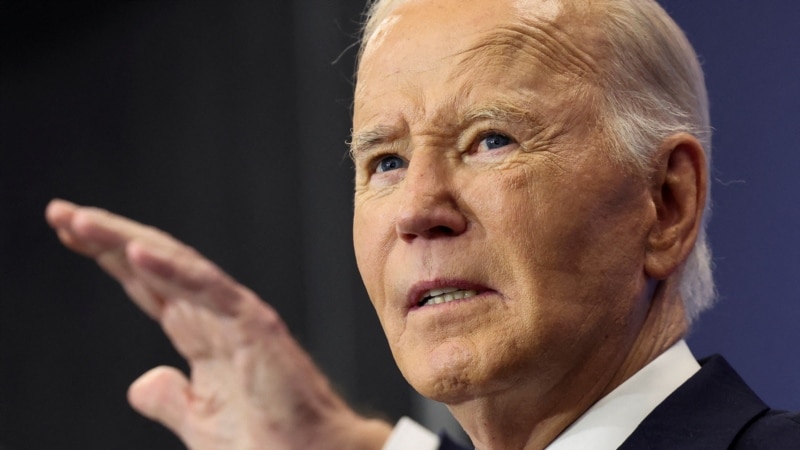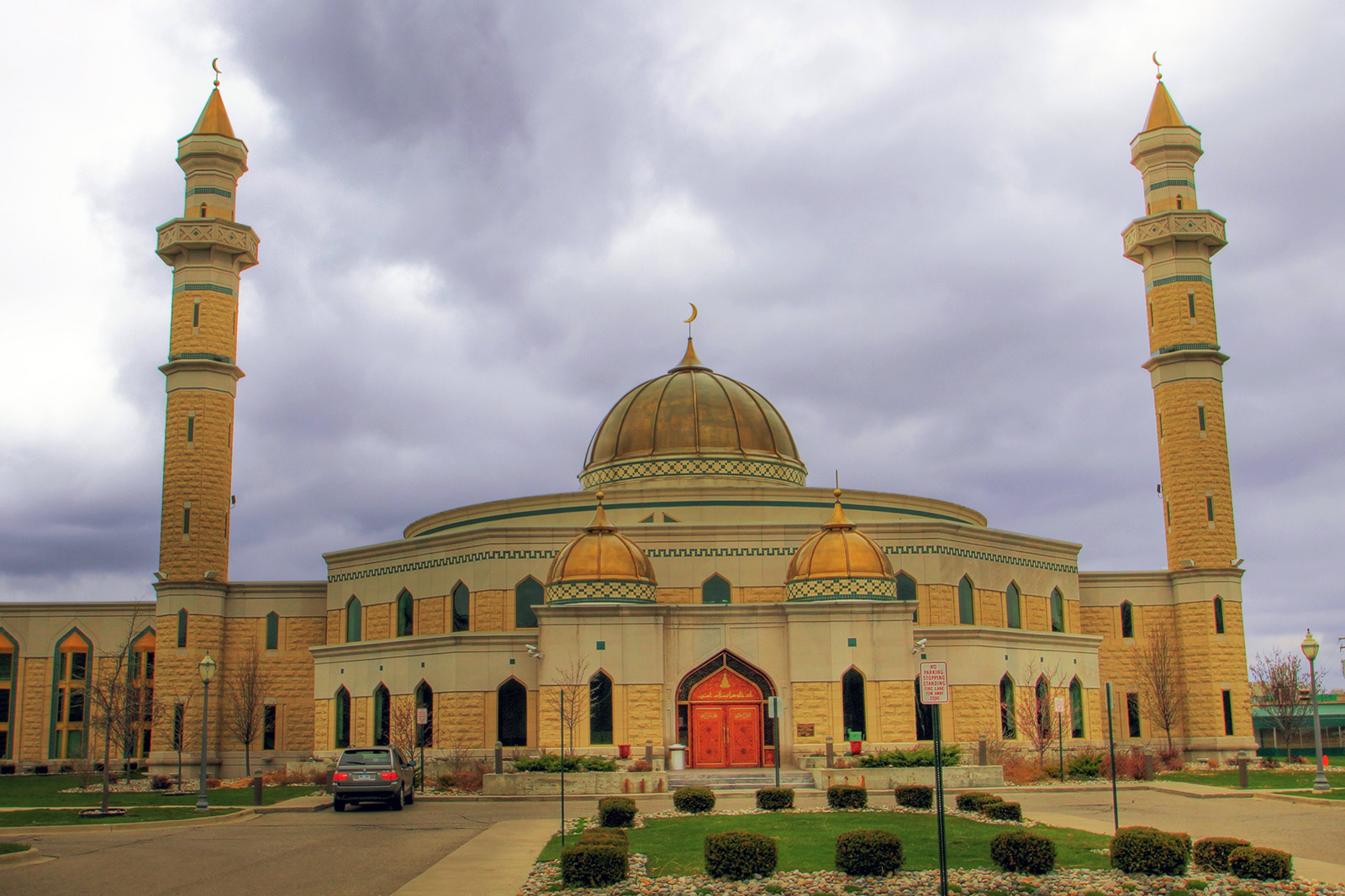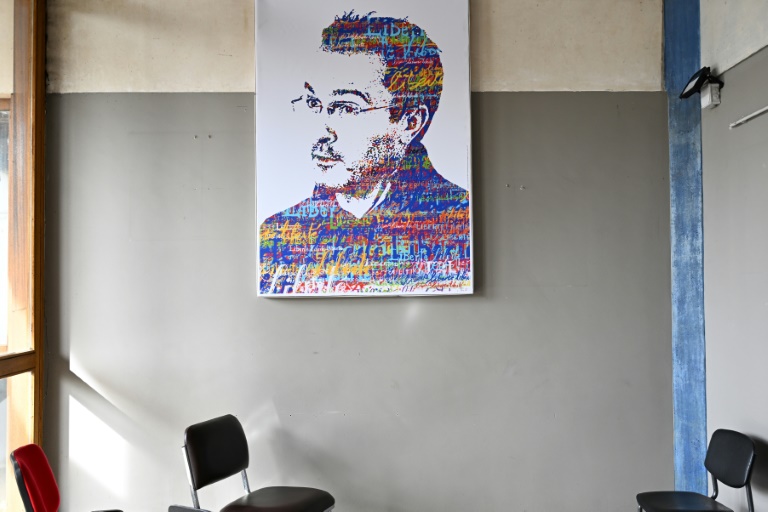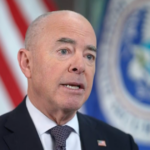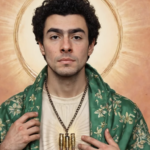Labor has announced Aftab Malik as its special envoy to combat Islamophobia, after a search that stretched on for months. Here’s what we know about him and the role so far.
Who is Aftab Malik?
Malik, a British-born scholar, was described in a government press release as a “global expert on Muslim affairs”, recognised by the UN Alliance of Civilisations. He has spent nearly a decade working in the NSW Premier’s Department, “promoting social cohesion and countering hate and extremism,” the release said.
According to Capital Brief, which broke the story of the appointment hours before it was confirmed by the government, Malik arrived from the UK about a decade ago, and has worked as a scholar in residence with the Lebanese Muslim Association in Sydney’s Lakemba suburb.
You may be interested
“His work is highly critical of anti-Muslim bigotry, along with Islamism and violence carried out in the name of religion. Malik has edited several anthologies on the intersection between politics and theology, and was also a guest lecturer in law at the University of Sydney,” the story noted.
What will the role entail?
According to the government, Malik will “listen to and engage with members of the Muslim community, religious discrimination experts and all levels of government on the most effective ways to combat Islamophobia”.
He will report to Prime Minister Anthony Albanese and Immigration and Multiculturalism Minister Tony Burke, and his three-year term will officially begin on October 14.
It is not immediately clear what his terms of reference are or what powers or responsibilities Malik will have in the role.
“Promoting social cohesion and fighting against hate in Australia is more important today than it’s ever been,” Malik said in a statement supplied by the prime minister’s office.
“I look forward to working with Muslim leaders and the broader community to promote peace, understanding and inclusivity.”
What are advocates saying?
Nora Amath, executive director of the Islamophobia Register Australia, said the appointment was “long overdue” and said Malik would have a “massive” responsibility ahead of him.
“One of the things that we’d love him to do is just really go out and listen,” Amath told Crikey. “I think to have someone of that calibre to listen to the community, hear from experts, hear from victim-survivors, listen to every person who couldn’t get a job because of the sound of their name — for me that would be a marker of success.”
Australia Palestine Advocacy Network president Nasser Mashni was critical of the role itself and said in a statement both the Islamophobia envoy and the antisemitism envoy — an appointment announced earlier in the year — risked “inflaming community tensions by suggesting that the experiences of some racialised groups are more significant than others”.
“The government must commit to a world free from racism, oppression and discrimination for all, not special treatment for a select few, according to its own political agenda,” Mashni said.
“This work starts by truly listening to marginalised voices, even when it’s uncomfortable for the government. It’s essential to acknowledge that different communities share similar struggles, many of them rooted in colonialism, and to create policies that promote equality and justice for everyone.”
How was Malik chosen?
According to Capital Brief, Labor had approached several people before Malik, but each potential candidate had fallen through. Albanese promised in July, when Jillian Segal was appointed special envoy to combat antisemitism, that the Islamophobia envoy appointment would be made “shortly”.
Amath told Crikey the diversity of Australia’s Muslim community, and concerns about the sincerity of the government’s intentions, had delayed the process.
“It’s quite a diverse community, in terms of cultural groups, sectarianism, and approaches to Islam — so to pick somebody to represent the entire community, I think was very, very difficult,” she said.
“Some people who were approached felt that it was quite a massive role, and they weren’t sure if the government was really serious about Islamophobia — there were some misgivings as to what the intentions were.”
The prime minister’s office declined to comment on how the appointment process was conducted.
How was the announcement made?
Burke’s office invited Muslim community advocates to the Sheraton Grand hotel in Sydney last night, where the minister, Malik, and a representative from the Australian National Imams Council made remarks. Media were not invited.
“Malik said he was keen to work with the experts, and that he’s willing to have honest conversations with the government when it comes to Islamophobia and recommendations for policies in that regard,” said Amath, who was one of the people present.
In July, when Segal was announced as the government’s antisemitism envoy, the prime minister and the then multiculturalism minister held a press conference with her. No such pressers were planned for today, although Burke was interviewed by ABC’s Radio National in the morning.

